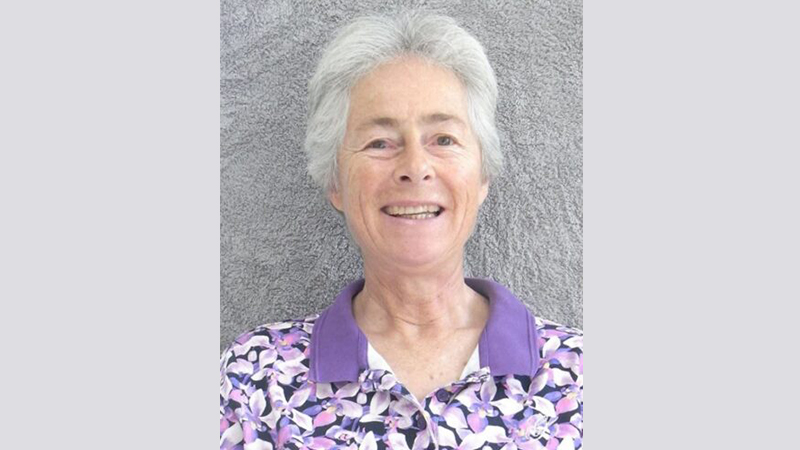Behind the working groups: Dr Gillian Heintze
If you ever find yourself in conversation with Gillian Heintze, you’ll notice two things: first, she may be the most personable human that you’ve interacted with in a while; and second, she is passionate about things that many of us would rather not have to think about. Things like policies and processes and establishing frameworks for the betterment of others. She is that unique combination of practical and social, gregarious and detail-oriented. By the time the conversation is over, you will know that Gillian is one of those people who both walks it and talks it.
Currently Acting Chair of the Synod Agenda and Outcomes Planning Group, Ordination Way Forward Project, Gillian is part of a team that is working to ensure that General Synod 2024 is a positive, productive experience – not just for delegates, but for all. With this in mind one of the things the team has been developing is the ‘Guidelines for Respectful Debate at General Synod on the Issue of Ordination’. The guidelines have partly come about as a response to feedback from the last Synod and as a natural outworking of the Ordination Way Forward Project.
The Way Forward Project has been tasked with exploring whether there is a way that the two different views on ordination can both be accommodated within a single church. This is a different question to those submitted at previous Synods, where the focus was on whether the ordination of women is allowable or not.
There is significant disagreement on this issue, so this motion asks instead, ‘Is there a church structure, which maintains church unity, but also allows two different ordination practices?’ That question informs the team’s work. ‘The goal at Synod is to establish a structure that would be able to achieve this aim. If we are to continue to walk together as one church despite our differences, then it is important that the debate is respectful and that delegates feel safe to present their views.’
The Guidelines for Respectful Debate cover issues such as courteous introductions before speaking, focusing on the substance of the motion, respectful listening and the proper use of points of order. Gillian hopes that the work of the Synod Agenda and Outcomes Planning Group will have a positive effect. ‘Improving processes and making them more effective makes for a better Synod experience, in my view’, she shared. ‘Ideally we would like it if all delegates attend the training that we will be offering later this year.’ Importantly, her virtual door is open for delegates and those considering becoming a delegate to ask questions or express concerns. ‘That kind of feedback is so important for us because it helps shape our recommendations.’
Gillian is particularly passionate about participation. ‘We had 81 per cent of lay delegates attend the last Synod. We’d love to see that number go even higher! There’s probably no more important time in the life of the LCANZ to represent your congregation. So, please, if you are considering nominating, don’t hesitate. Your voice is needed! And if your parish’s delegate wasn’t able to attend the last General Synod, we hope you can be represented this time. We are working hard to make this Synod a safe space for all. Everyone’s vote counts!’
Gillian, we agree.
For more information about becoming a delegate and delegate responsibilities, visit the Delegates webpage.
The delegate appointment form should be returned to the Secretary of the Church by 31 March 2024.
Rachel Koopmans is the Engagement and Communications Officer for the Way Forward Project.
READ MORE STORIES ABOUT delegates, General Synod, Way Forward


